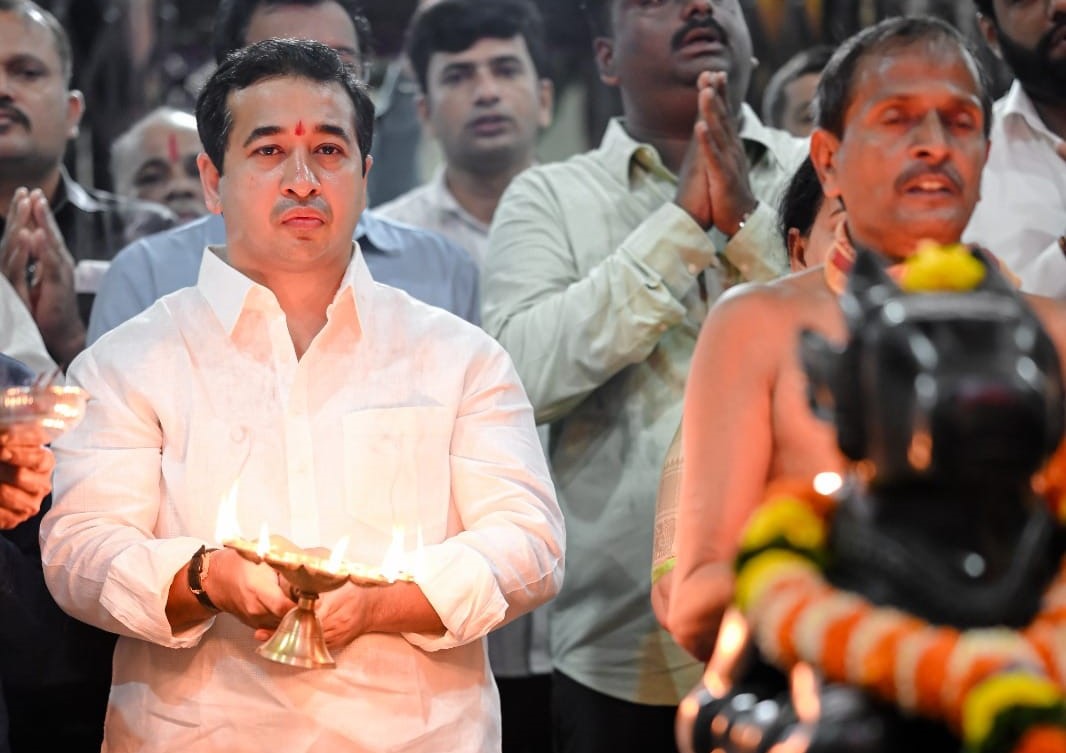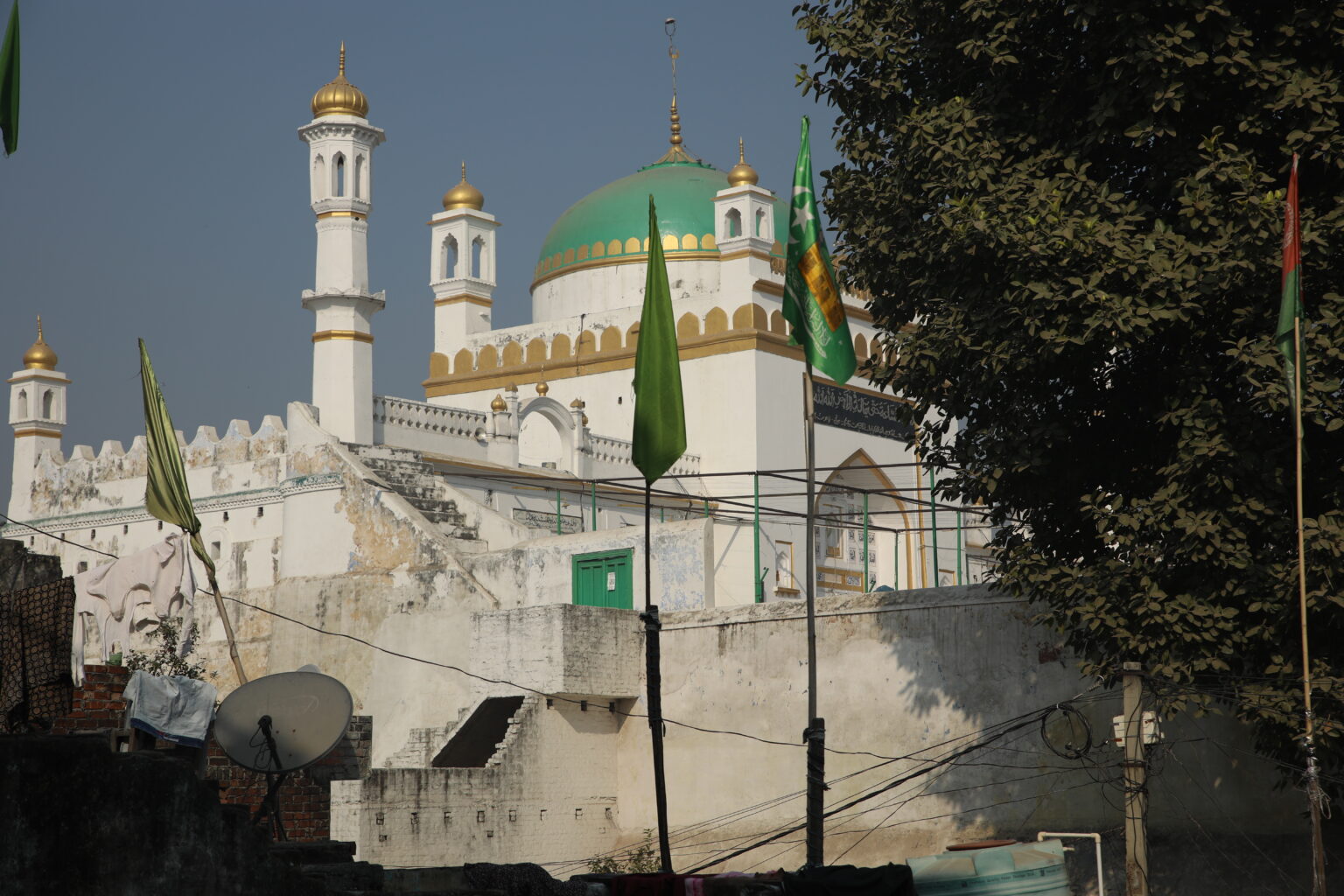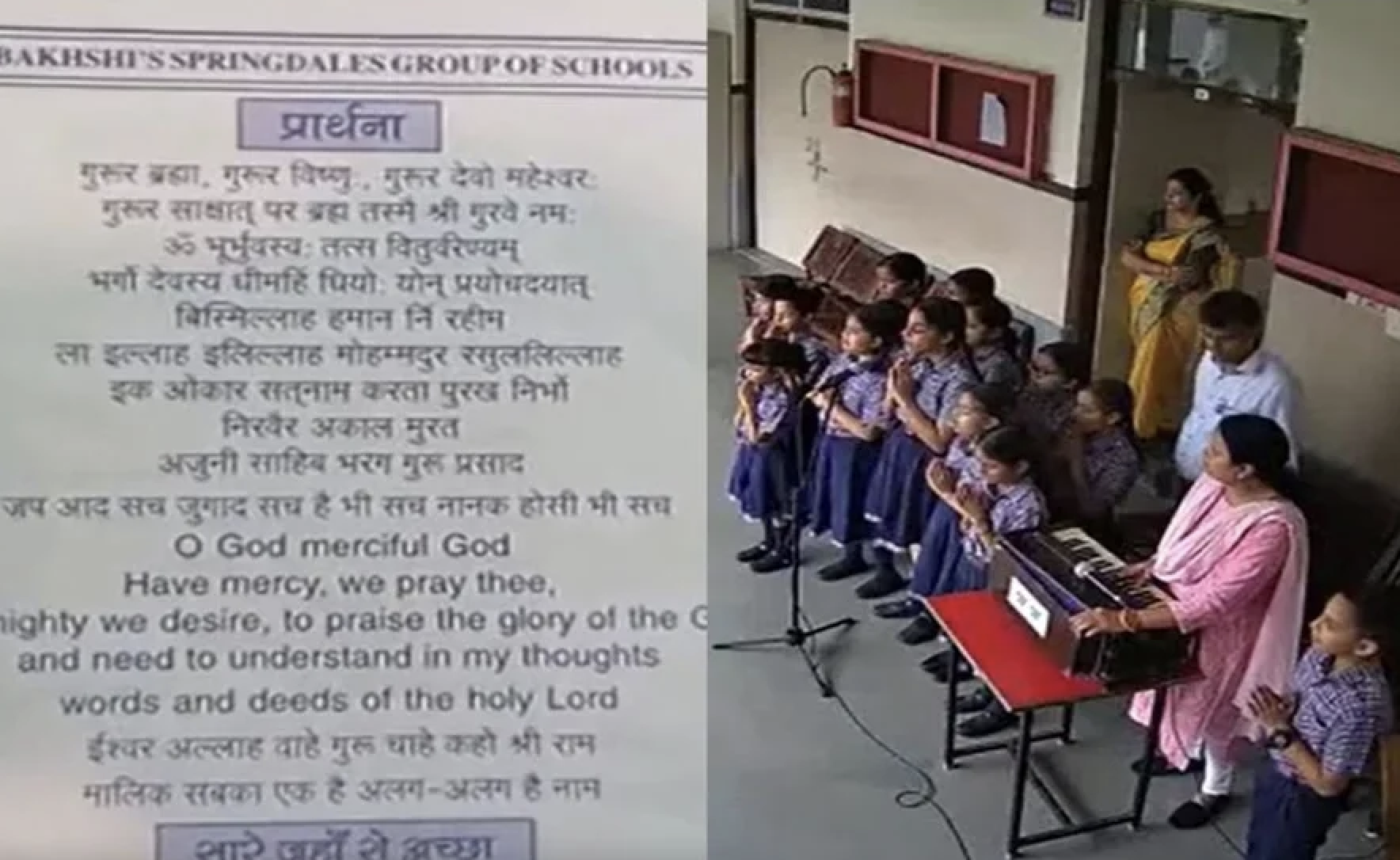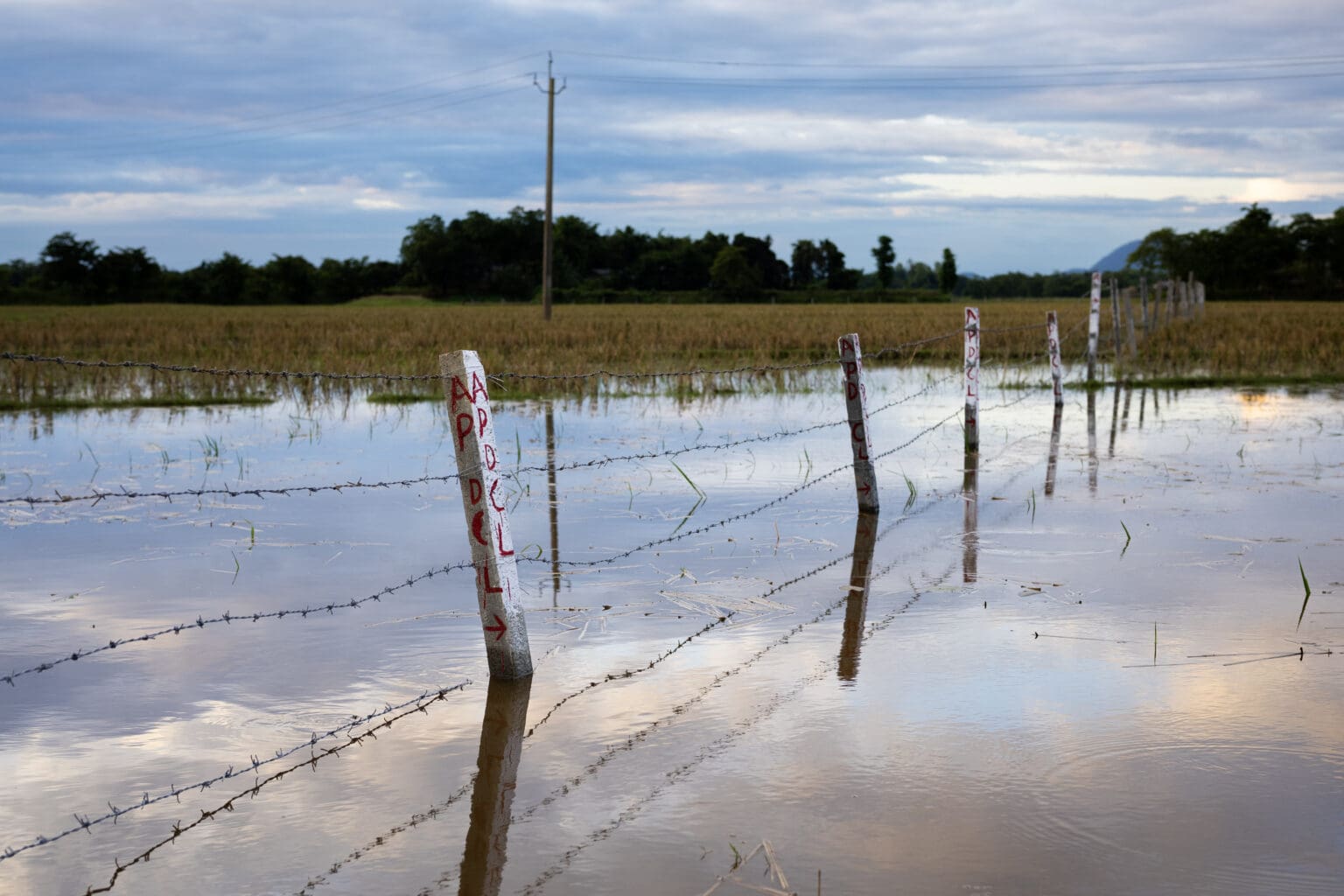In February 2020, communal riots broke out in northeast Delhi. Shiv Vihar was one of the sites of violence. According to reports, 53 people were killed and thousands were affected. In the aftermath, the sale of houses by Muslim families have increased. They have sold their houses at distress sale prices — at least 25 per cent below the market rate, according to inputs from local residents and property dealers. Preliminary observations suggest that some real estate agents may have also encouraged them to sell quickly and move out of the area. In a study of Gali Number 13 of Shiv Vihar Phase-6, the researcher found that Muslim families were moving into Muslim-dominated neighbourhoods, such as Mustafabad, and other lanes and phases in Shiv Vihar. Moreover, the buyers are predominantly Hindu families, implying that the previously mixed community neighbourhoods are turning into ghettos of a single community. According to the testimonies of local residents and real estate agents, as of February 2021, only two or three Muslim families still live in Gali Number 13 as opposed to the 15-16 Muslim families that lived there before the riots. Gates have also been installed in these localities after the Muslim families left. Zubaida Begum, a 40-year-old resident, told LCW that she moved out of the lane five months after the riots. She sold her 225-square-metre house for INR 12 lakhs as against the market rate of INR 18 lakhs.
In March 2020, a group of activists, academicians and relief workers rallied under the banner of Citizen Volunteers for Northeast Delhi and sent a memorandum to the Delhi government demanding strict monitoring of the sale or purchase of commercial and residential properties till the rebuilding process takes place. This, the report said, was to “avoid distress sales and the incursion of the land mafia as has been witnessed in the aftermath of riots previously. This will prevent a plunge in property prices. Transfer of titles should be strictly monitored during this time period”. The Delhi government, led by Chief Minister Arvind Kejriwal, governs the registration of property transactions, while the Centre’s Delhi Development Authority governs land administration in the city-state and in the so-called unauthorised colonies like Shiv Vihar. Neither has taken any initiative as of February 2021 to restrict the sale of properties. Analysts have said that segregation makes people worse-off and leaves areas more vulnerable to future communal violence. Similar distress sales and segregation of neighbourhoods have also been observed in the case of the Bombay riots in 1992 and the Gujarat riots in 2002.
This article first appeared on landconflictwatch.org






